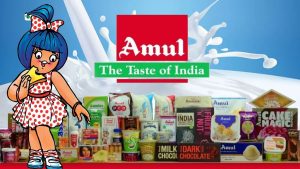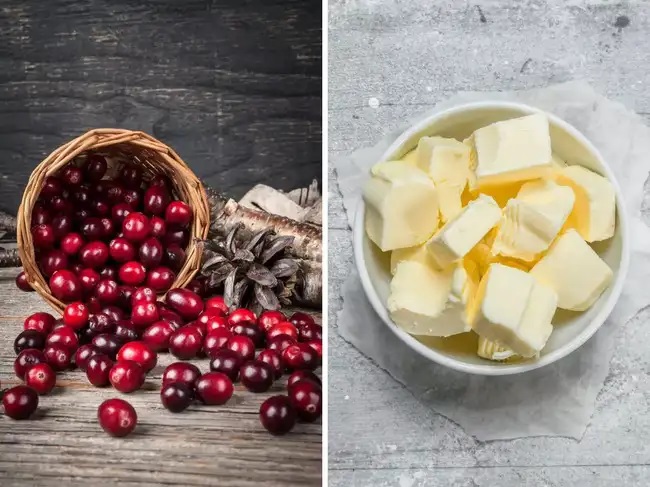
Why the Democratic, Community-Owned Structure is Now Recognized as Intangible Cultural Heritage.
The global agribusiness community, particularly the international dairy sector, is celebrating the monumental decision by UNESCO to designate the cooperative model as part of the world’s intangible cultural heritage. This formal recognition validates the profound and enduring societal value of these member-owned, democratic enterprises. While the inclusion spans diverse industries, from specialized farming like cranberries to the foundational framework of the dairy industry, it confirms that the principles driving co-ops are worth preserving across the world’s most critical food supply chains.
This designation is particularly significant because it focuses not on physical structures or production technologies, but on the core principles and human practices of cooperation itself. The recognized value lies in the democratic governance structure of “one member, one vote,” the commitment to economic self-help, and the practice of reinvesting profits directly into the local communities and members. This elevated status transforms the cooperative structure from merely a business framework into a protected cultural practice essential for fostering equitable and sustainable growth globally.
For the vast global community of milk producers, the cooperative model is far more than an organizational choice; it is the primary economic engine that provides stability in volatile commodity markets. By collectively owning the processing and marketing assets, dairy farmers mitigate risk, ensure stable farm-gate prices, and gain the necessary scale to compete with global capital-intensive corporations. The UNESCO decision validates the model’s historical success in building robust, decentralized regional economies and securing the livelihoods of millions of small and medium-sized producers.
The cooperative movement globally represents an immense economic and social force, embodying a proven model of resilient dairy economics. By designating this structure as cultural heritage, UNESCO provides powerful institutional support for its preservation against pressures toward pure liberalization and consolidation. This cultural backing serves as a valuable new tool for advocacy in international trade discussions and helps to attract the next generation of talent committed to shared communal prosperity.
International analysts and manufacturers must view this recognition as a long-term structural factor reinforcing the integrity and unique identity of cooperative-led supply chains. It serves as a global endorsement that promotes and validates the shared-value approach to dairy trade and manufacturing. This recognition is set to further solidify the cooperative model’s standing as a leading benchmark for ethical, producer-focused, and sustainable practices in the global agribusiness model.
Source: Read the full analysis on UNESCO’s heritage designation in The Economic Times: https://economictimes.indiatimes.com/magazines/panache/from-cranberries-to-dairy-why-unesco-recognised-the-cooperative-model-as-cultural-heritage/articleshow/125509553.cms?from=mdr
You can now read the most important #news on #eDairyNews #Whatsapp channels!!!
🇮🇳 eDairy News ÍNDIA: https://whatsapp.com/channel/0029VaPidCcGpLHImBQk6x1F

















